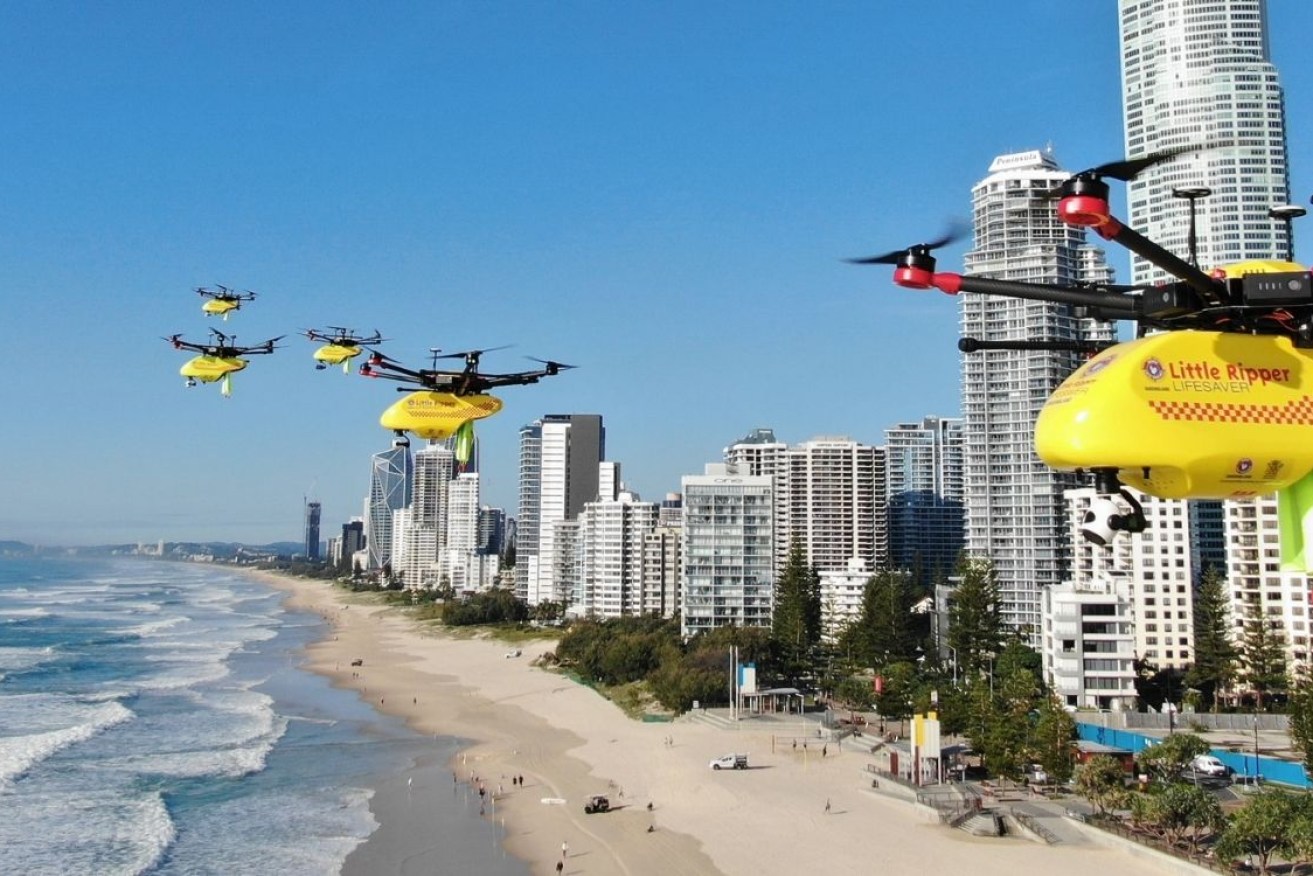New wave: The merger deal that will bring drones to beach patrols across State
Drones will play a major new role in saving lives in waters off the Gold Coast and around Queensland following the merger of two of marine rescue’s biggest organisations.


Li-S Energy is targeting the drone and e-aviation market (Pic: Supplied)
In a move aimed at modernising the state’s red and gold beach patrols, Surf Life Saving Queensland said it was joining forces with hi-tech drone search and rescue company The Ripper Group, opting to buy into the company rather than continuing to contract it.
It means SLSQ will integrate state-of-the-art drone and hi- tech artificial intelligence into its existing surf lifesaving operations and wider disaster responses.
Ripper Corp’s board will be chaired by lawyer and SLSQ director Grant Dearlove, with directors SLSQ CEO Dave Whimpey, founder and executive chairman of The Ripper Group Kevin Weldon, and Ripper Group’s Susan Calvert. Former Chief operating officer Jason Young will move into the role of CEO of Ripper Corp.
Dearlove said drones were enhancing the way beaches were patrolled and saving more lives.
“Drones are a phenomenal way of achieving our mission to save lives,” he said.
“It made sense that rather than continue to contract with The Ripper Group as a provider, that we invest in the business.
“They’re the right fit culturally to help us drive changes that will ultimately modernise and transform the organisation.”
Dearlove said he also saw drones as a way to make the lifesaving movement more attractive to young people, as well as expanding the rescue service’s role.
He said as well as drones patrolling beaches and waterways they could be used to respond to natural disasters like fires, landslides and cyclones in Queensland and around the world.
“It has already fundamentally enhanced the way we patrol and there’s no question it will change the way lives are saved in marine environments in the future,” Weldon said.
“It’s like rubber duckies – once lifeguards saw them in action there was no going back.”
SLSQ already use Little Ripper drones in the Queensland Government’s SharkSmart drone trial. Since September 2020, pilots have been flying shark-spotting drones at beaches across the Gold Coast (Main Beach and Burleigh Beach), Sunshine Coast (Coolum Beach and Alexandra Headland Beach) and North Stradbroke Island (Main Beach and Cylinder Beach).
They will take a more active role in patrolling beach goers, surfers and swimmers along the coast from next season.
Queensland’s volunteer patrols wound up for the 2020-2021 season on 3 May.
From Forrest Beach in the state’s far north to Rainbow Bay on the NSW border, volunteer patrols have saved more than 950 lives since September last year, an increase of 27 per cent compared to last season.
Lifesavers performed 59,451 preventative actions to proactively safeguard swimmers, and conducted 7,051 first aid treatments.
SLSQ Lifesaving Services Manager Peta Lawlor said most rescues on Queensland beaches, 176 this season, were males between 25 to 35 years old.
“Concerningly, more than 80 per cent of rescues conducted across the state were performed outside flagged areas,” she said.












